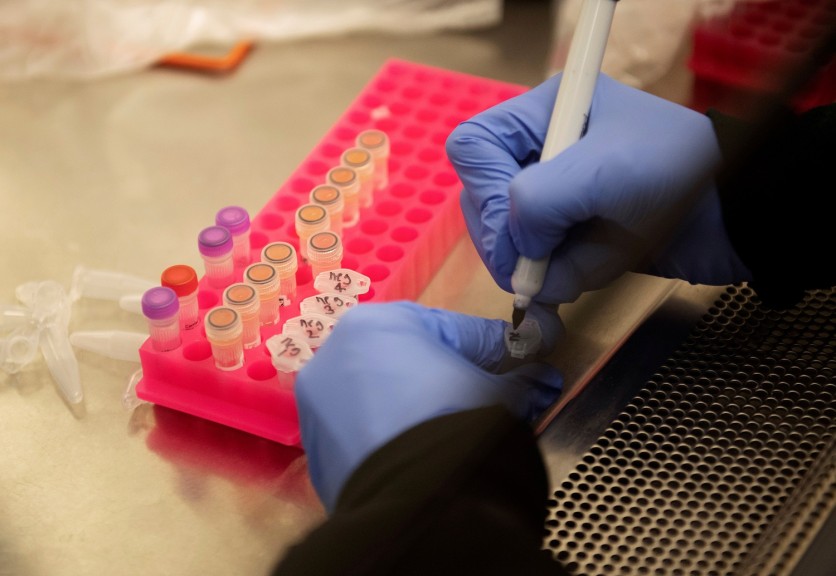In a previous report, a malaria drug called hydroxychloroquine is said to be a potential cure for COVID-19. Also, the United States President Donald Trump has touted this malaria medication. However, the said potential drug for coronavirus shows a different story in Sweden as several hospitals in the country pulled out the medication after some patients have shown the side effects after taking it.
READ ALSO: A Hope For Cure: Old Malaria Drug Eyed as a Possible COVID-19 Cure After 'Largely Successful' Trials

Doctors in Vastra Gotaland hospitals (Sweden) decided to pull out Chloroquine as some patients with coronavirus had shown side effects of the medication--it included cramps, peripheral vision loss, and migraines. There are also reports saying that in 1 to 100 people, the malaria medication can cause the heart to beat too fast or slow, thus, leading to a fatal heart attack.
Chloroquine was used as a malaria treatment in the 1940s. It was it is a potential cure for COVID-19 "after showing promise in studies in China." However, Britain stopped clinicians from distributing the medication until clinical trials are done, citing concerns on its side effects.
Top critical care doctors in the United Kingdom Professor Anthony Gordon said on Wednesday, Apr. 8, there is "still 'no strong evidence' the drug could treat coronavirus."
It is unclear which versions of Chloroquine have been given to patients who showed side effects. The malaria drug has multiple versions, and the established ones are Chloroquine (CQ), branded as Aralen, and counterpart hydroxychloroquine (HCQ), known as Plaquenil. According to Daily Mail, hydroxychloroquine is "thought to be less toxic" and may only cause fewer side effects.
ⓒ 2025 TECHTIMES.com All rights reserved. Do not reproduce without permission.




